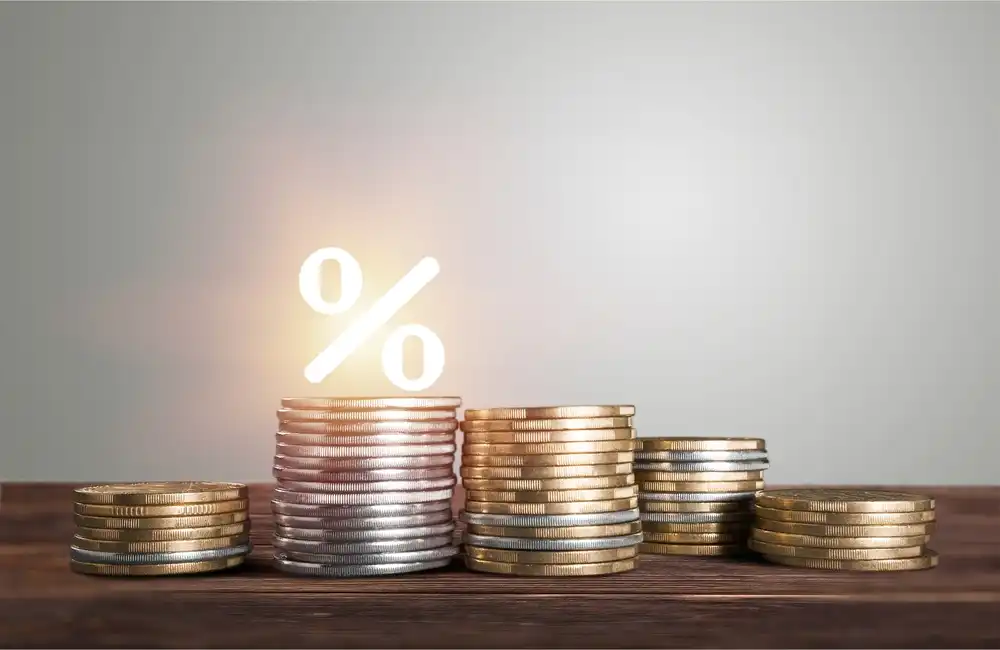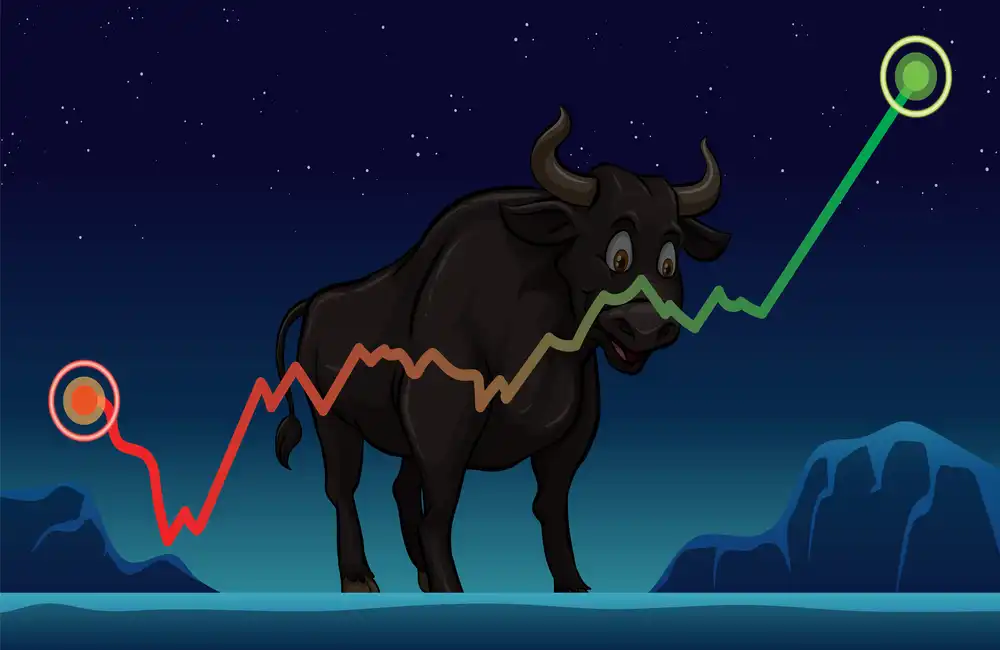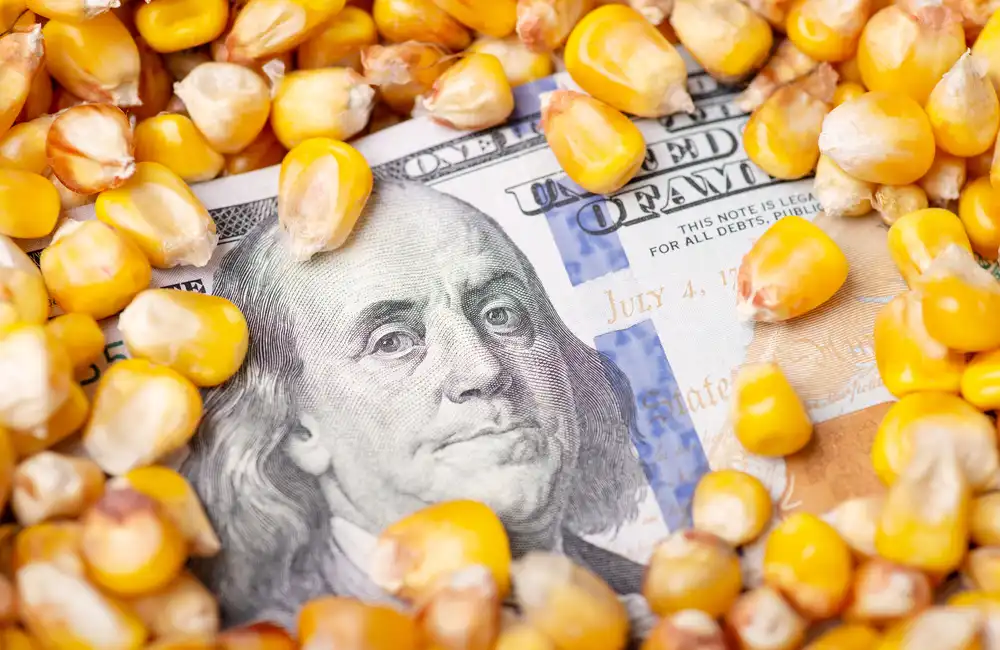Investors looking to diversify their portfolios and protect against inflation or gain insight into global market movements traditionally favor commodities as their choice of investment.
Success in commodity investment strategy development depends on mastering the complex dynamics of the commodity market and learning how to use these dynamics to benefit your portfolio.
This guide offers essential insights into developing strong commodity-based investment strategies for investors focused on gold stability, oil demand-driven growth potential, and agricultural commodities seasonal trends.
Understanding Different Commodity Categories
A fundamental starting point for successful commodity trading involves understanding the classification of commodities. All commodity categories display unique features and market patterns. The three main categories include:
1. Metals
Among the most frequently traded commodities are metals which possess both fundamental and financial worth. Common examples include:
- Gold and Silver: Gold and Silver remain traditional safe-haven assets which generally deliver strong performance when economic conditions become unstable and inflation rises.
- Lithium: Lithium serves as an essential element in battery manufacturing while presenting potential growth opportunities to investors who focus on the expanding electric vehicle (EV) and renewable energy markets.
2. Energy
Globally traded commodities reach their largest scale within the energy sector. Examples include:
- Oil (Crude, Brent): Oil prices represent the global economy's crucial element since they depend on factors like demand, supply, economic growth, and geopolitical tensions.
- Natural Gas: Natural gas stands as a rising alternative to traditional fossil fuels because it aligns with the worldwide transition to greener energy practices.
3. Agricultural Commodities
Essential agricultural products like wheat, coffee, and soybeans represent key traded commodities. Agricultural commodities are influenced significantly by:
- Weather patterns
- Seasonal demand
- Innovations in farming technology
Knowledge of these differences enables investors to make commodity investment decisions that match their financial goals and risk preferences.
Key Factors Influencing Commodity Prices
Because commodity markets react to multiple variables, investors must maintain up-to-date knowledge and agile responses. The primary factors that drive commodity prices include several key elements.
1. Supply and Demand Dynamics
Supply and demand represent the fundamental economic principle that determines commodity prices. Commodity prices experience volatility due to either insufficient or excessive supply of resources. For example:
- When geopolitical conflicts create an oil shortage, it leads to higher energy prices.
- Advances in technology that boost crop production levels lead to reduced agricultural prices.
2. Geopolitical Risks
Global political events often impact commodity prices. For instance:
- Trade wars create disruptions in the supply chains for raw materials.
- Energy prices are commonly influenced by conflicts and sanctions within countries that produce oil.
3. Inflation Hedging
Investors see gold and silver as reliable investments that protect against inflation. Commodities such as gold and silver appreciate when fiat currencies devalue, which makes them valuable options for preserving wealth during economic instability.
4. Technological Advancements
Technological advances lead to changes in demand patterns for specific materials. The growing adoption of electric vehicles has substantially increased the need for lithium and cobalt, which has created fresh investment opportunities for stakeholders.
Long-Term vs. Short-Term Strategies
Your financial goals and risk tolerance combined with your investment time frame determine the best commodity investment approach.
Long-Term Strategies
Buy-and-Hold
Investing in durable commodities like gold or renewable energy resources leads to continuous asset growth. This method serves investors who need protection from inflation and want to keep their wealth secure.
Commodity-Focused ETFs
Investors gain access to multiple commodities through the diversified portfolios of Exchange-Traded Funds (ETFs). Investing through them provides long-term exposure to specific market trends with reduced risk.
Short-Term Strategies
Active Trading
Hands-on investors may experience substantial short-term profits through trading futures contracts. Active trading of futures contracts requires both market expertise and the ability to withstand market volatility.
Speculation on Price Movements
Active traders can earn profits by exploiting fleeting pricing mistakes, such as making predictions about oil prices prior to OPEC declarations or taking advantage of agricultural products' seasonal price shifts.
Each investment strategy has its advantages, which leads many successful investors to combine both approaches to achieve a balance between stable returns and growth potential.
How Informed Investors Gain an Edge
Timely actionable insights serve as a crucial element for achieving success in commodity-based investment strategies. Through active research, investors can spot investment possibilities that other investors overlook. For years, Advisor’s Gateway has delivered its subscribers early information about upcoming investment opportunities.
Take lithium, for example. In 2020, we released an extensive report on lithium demand growth during the early stages of the EV revolution. Investors who followed our recommendations in advance gained a competitive advantage before the commodity surged in value.
The value of anticipating market trends demonstrates why staying informed and consulting experts while using professional tools is essential for strategic improvement.
Take the Next Step Towards Smarter Investments
Through precise strategic planning and market knowledge, commodities become rewarding portfolio additions that provide diversification and unique growth possibilities.
Do you want to access exclusive trading advantages in the commodities market? Subscribe to Advisor’s Gateway’s biweekly newsletter to receive key updates on emerging market trends along with exclusive insights.
You should not overlook our complimentary guide that will help you master success in the commodities market. Acquire this resource today to begin enhancing your investment methods.
Sign Up Now





















